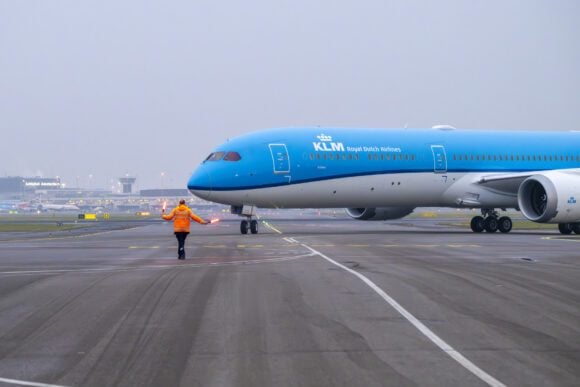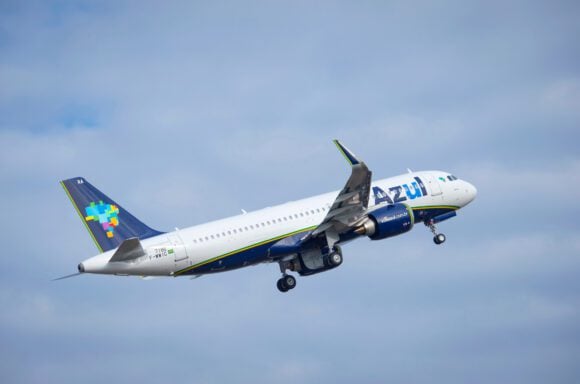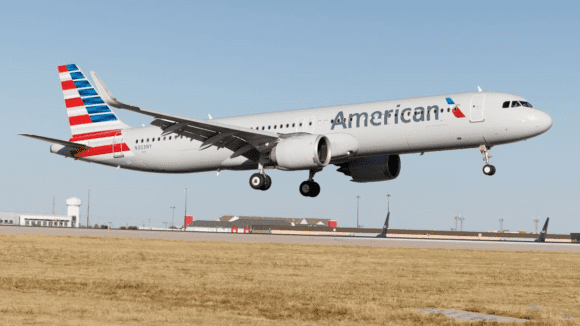Brazil created a sustainable aviation fuel mandate that takes effect in January 2027. This mandate targets cutting Brazil’s airline emissions by 1% of the sector’s total 2026 emissions. Renato Dutra, the Ministry of Mines and Energy’s national head of biodiesel and biofuels, said on May 18 that that figure could rise to 10% by 2037.
Dutra said that the Brazilian mandate is based on an emissions reduction scheme. This is expected to encourage SAF producers to look for the best life cycle emissions route from the perspective of fewer greenhouse gas emissions and not the volume blended, as with ethanol and biodiesel mandates. Rabobank analysis indicates that even if 100% of Brazil’s projected domestic SAF requirement under the proposed legislation is produced from ethanol, the volume required would be some 3.5bn liters by 2037, which is not a game changer in terms of volume.
Brazil will connect the decarbonization program, Renovabio, with the Carbon Offsetting and Reduction Scheme for International Aviation, or CORSIA, program. Dutra said this could potentially increase the international liquidity of CBIO decarbonization credits, equivalent to 1 ton of CO2 avoided.
S&P Global notes that Brazil is one of the largest global producers and consumers of ethanol and biodiesel. Its energy matrix is sourced 48.3% from renewables, much higher than the world’s average of 19%. However, there is a lack of certainty on how Brazil’s SAF will be priced and any federal or state producers’ tax incentives. Platts assessed SAF with credits at 802.40 cents/gal on May 17, 136.3% higher than 339.61 cents/gal for SAF without credits.
Brazil is not alone in the race to SAF production. The US aims to increase SAF output by 12,000% and lead the aviation renewable fuel transition. Airbus and the Philippines are partnering on a feasibility study for sustainable aviation fuel. In the EU, SAF Regulation reduces arbitrage but adds complexity. Some industry leaders, David Neeleman among them, are vocal about their skepticism. Generally, airline CEOs appear to be toeing the IATA line. As we get closer to these dates, when the rules kick in, we expect to see more airlines request dates to slide.
Views: 271
About The Author
Take AirInsight for a Test Flight
7 days full access — premium analysis and the complete data model library — for $1. No commitment.
Start My Test Flight →



